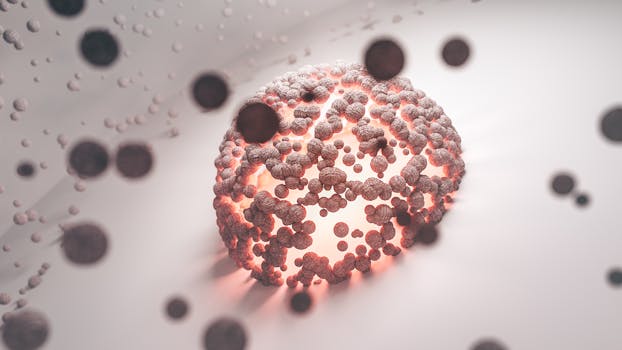
The Role of Genetics in Human Health and Disease
Introduction to Genetics and Health

The role of genetics in human health and disease is a complex and multifaceted field of study. Genetics play a crucial role in determining our susceptibility to certain diseases and our overall health. The study of genetics and its relationship to human health has led to a greater understanding of the underlying causes of many diseases and has paved the way for the development of new treatments and therapies.
Genetics is the study of heredity and variation. It involves the study of genes, which are the basic units of heredity, and how they are passed down from one generation to the next. Genes are segments of DNA that code for specific proteins, which are the building blocks of all living things. The study of genetics has led to a greater understanding of how genes interact with each other and with the environment to determine our traits and susceptibility to certain diseases.
Genetic Disorders and Diseases

Genetic disorders and diseases are conditions that are caused by changes or mutations in our genes. These changes can be inherited from our parents or can occur spontaneously due to environmental factors or errors during DNA replication. Some examples of genetic disorders and diseases include sickle cell anemia, cystic fibrosis, and Huntington’s disease.
Genetic disorders and diseases can be classified into different types, including single-gene disorders, multifactorial disorders, and chromosomal disorders. Single-gene disorders are caused by mutations in a single gene and are often inherited in an autosomal dominant or autosomal recessive pattern. Multifactorial disorders are caused by a combination of genetic and environmental factors and include conditions such as heart disease and diabetes. Chromosomal disorders are caused by changes in the number or structure of our chromosomes and include conditions such as Down syndrome and Turner syndrome.
Genetic Testing and Counseling

Genetic testing and counseling are important tools for identifying individuals who are at risk for genetic disorders and diseases. Genetic testing involves the use of laboratory tests to identify changes or mutations in our genes. This can include tests such as blood tests, tissue biopsies, and prenatal testing. Genetic counseling involves the use of genetic testing results to provide individuals and families with information about their risk for genetic disorders and diseases.
Genetic testing and counseling can be used to identify individuals who are at risk for certain genetic disorders and diseases. For example, genetic testing can be used to identify individuals who are at risk for sickle cell anemia or cystic fibrosis. Genetic counseling can be used to provide individuals and families with information about their risk for these conditions and to help them make informed decisions about their health care.
Conclusion

In conclusion, the role of genetics in human health and disease is complex and multifaceted. Genetics play a crucial role in determining our susceptibility to certain diseases and our overall health. The study of genetics and its relationship to human health has led to a greater understanding of the underlying causes of many diseases and has paved the way for the development of new treatments and therapies. Genetic testing and counseling are important tools for identifying individuals who are at risk for genetic disorders and diseases and can be used to provide individuals and families with information about their risk and to help them make informed decisions about their health care.



